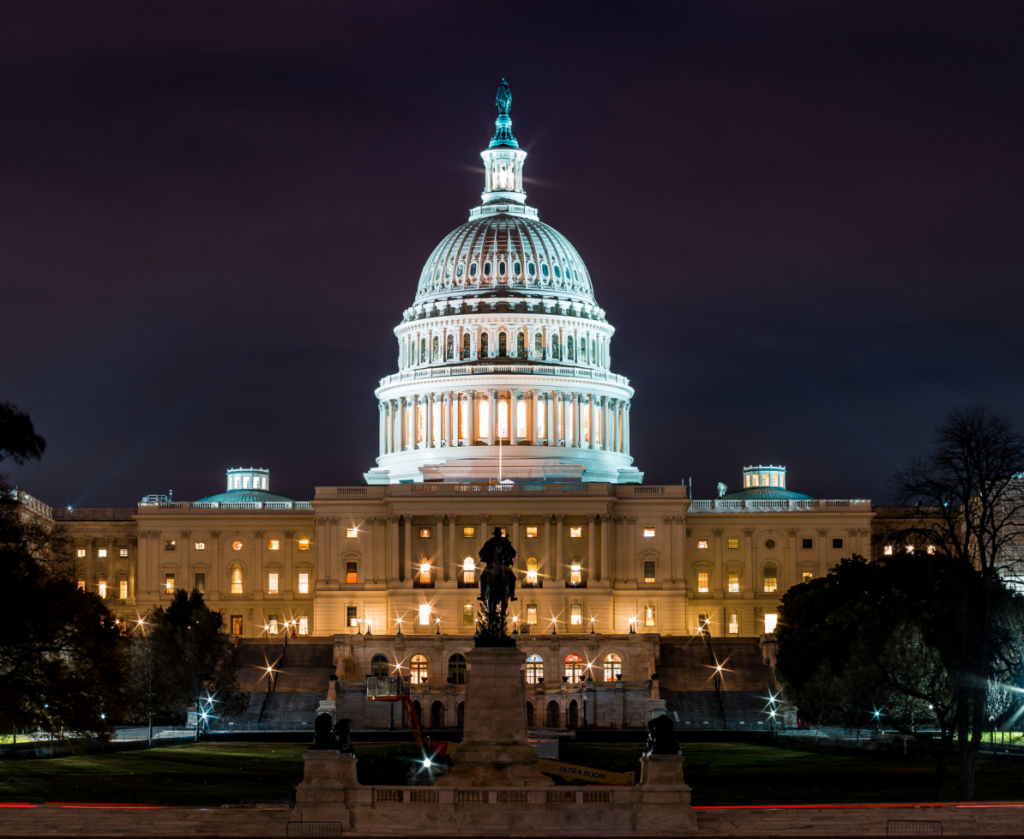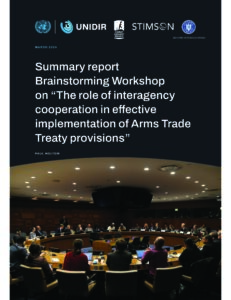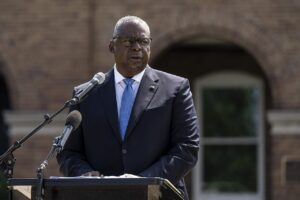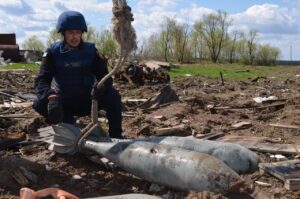Executive Summary
At a moment when U.S. arms transfers are making headlines for the wrong reasons – from Yemen to the Philippines and Latin America – members of Congress find themselves with few options to withhold U.S.-made weapons from governments that suppress democracy, systematically violate human rights, or devastate civilian populations caught in armed conflict.
Since the passage of the hallmark Arms Export Control Act in 1978, Congress has gradually relinquished to the executive branch all meaningful oversight over who receives U.S. weapons and how they are used. Congress’ deference has allowed the executive to prioritize the perceived short-term strategic and economic benefits of
arms transfers to the detriment of more enduring national interests, foreign policy objectives, and fundamental U.S. values. The result is a clear association between U.S.-made armaments and the death of children in Yemen; human rights abuses in Cameroon and Nigeria; and the spread of weapons to groups like the Islamic State and criminal gangs in Central America. In 2019, President Trump used emergency powers to authorize an arms transfer to Saudi Arabia and the United Arab Emirates (UAE) despite overwhelming bipartisan opposition, exposing the true limits of Congressional power. The current state of affairs is untenable, and reform is long overdue.
Congress has the tools to ensure that arms transfers and related services better reflect American values and promote long-term American interests. Congress can accomplish this through a concerted focus on re-establishing its role and fulfilling its responsibilities, along with creative legislation and targeted oversight. This report identifies several opportunities for much-needed legislative reform to the U.S. arms transfers system.
First, this brief identifies four major categories of concern with the current state of U.S. arms transfers:
- Current protocols and controls fail to adequately protect human rights, increasing the risk of provoking further regional and global instability;
- U.S. arms transfers risk facilitating corruption abroad;
- The executive branch has significant discretion to circumvent Congress’ oversight and approval on arms transfers;
- A lack of transparency in the arms transfer process precludes appropriate public scrutiny and debate about arms transfer decisions.
On the basis of these concerns, and drawing from the most common recommendations made by leading experts and organizations, this brief presents a legislative reform agenda composed of recommendations for Congress that achieve three main goals:
- Clarifying additional requirements and responsibilities for the executive branch when negotiating and engaging in arms transfers, in order to mitigate against human rights violations and corruption risks;
- Strengthening Congressional oversight and responsibility for approving or disapproving arms transfers; and
- Increasing public transparency and awareness of both proposed and completed arms transfers.
The intent of this brief is to provide lawmakers with a comprehensive summary of existing recommendations for arms transfers reform that can be implemented through legislation and oversight.




